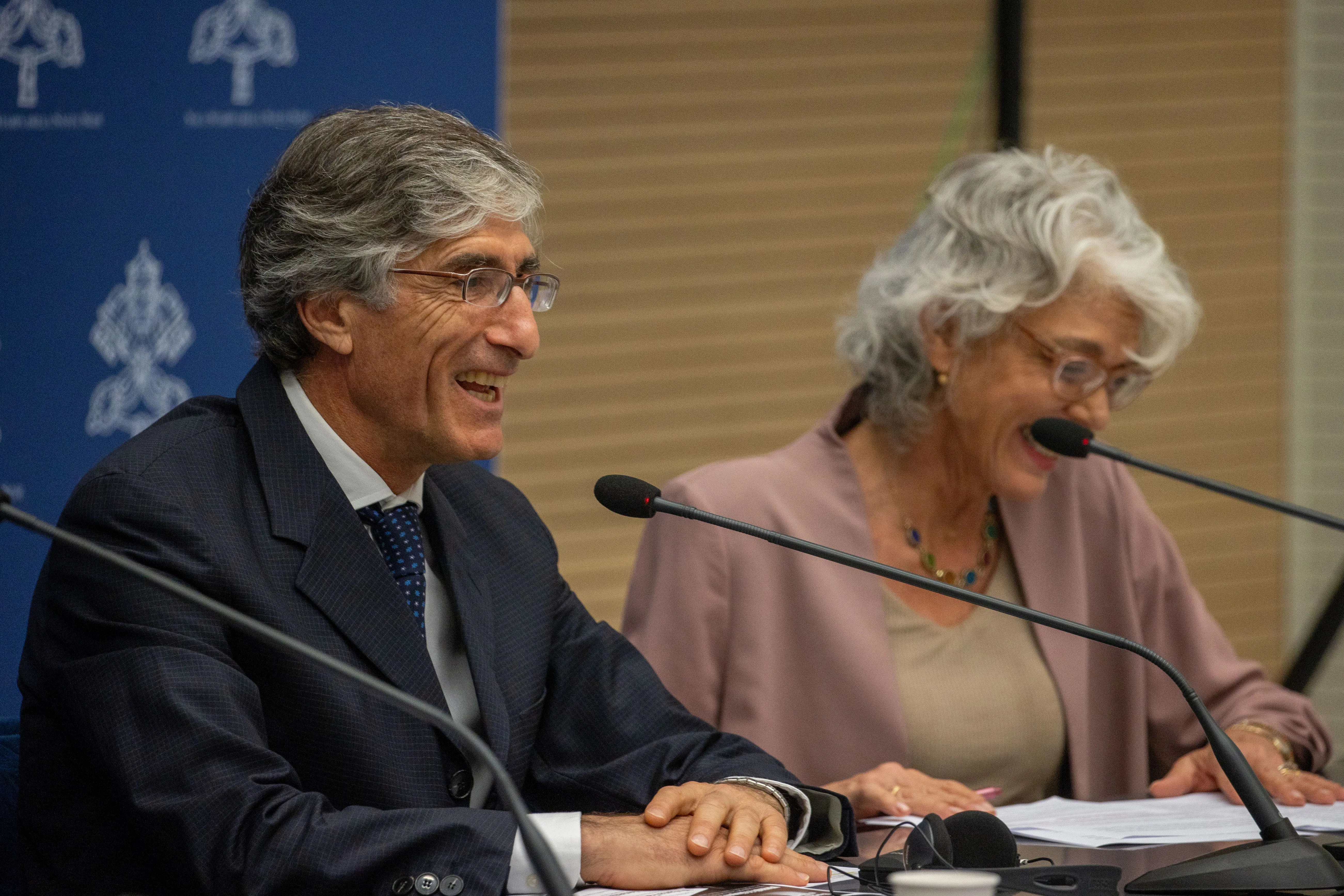Dozens of astrophysicists and cosmologists will explore the Big Bang and other topics of the universe next week at a conference hosted by the Vatican Observatory in Castel Gandolfo, Italy.
Titled “Black Holes, Gravitational Waves, and Space-Time Singularities,” the June 17–21 workshop is the second international conference in celebration of the legacy of Lemaître, who is called the father of the Big Bang theory.
“The Big Bang is our best understanding today of what happened once the universe had been created,” Consolmagno said at a June 11 press conference at the Vatican.
“But perhaps the result of meetings like this [will be that] next year, or in a hundred years, or in a thousands years’ time, we may find a theory better than that.”
“What the creation point in Genesis describes is the creation of the laws of physics themselves, the laws we are still attempting to discover,” he added.
While the Big Bang theory was originally received with skepticism by the scientific community, there was no great opposition from the Church, Consolmagno said.
“Ironically, the pope was too enthusiastic,” he continued. “In 1951, [Pope Pius XII] had an audience with the Pontifical Academy of Sciences and, in passing, said, essentially, ‘Isn’t it wonderful that scientists are talking about the beginning of the universe? But we could have told them that.’ And when Lemaître heard that he said, ‘No, you can’t make that conflation.’”
Emphasizing that science and religious belief are not opposed, Consolmagno and conference organizer Jesuit Father Gabriele Gionti said there is a very good “accord” between scientists and those who work at the Vatican Observatory.
“They feel more able to speak freely at the Vatican Observatory,” Gionti said.
A practical reason for the respect, Consolmagno said, is because “we do not compete with them for positions or for money ... This, as Father Gionti said, makes us a ‘neutral ground,’ where they can come, in a beautiful setting in Castel Gandolfo, and know that we don’t have an agenda.”









